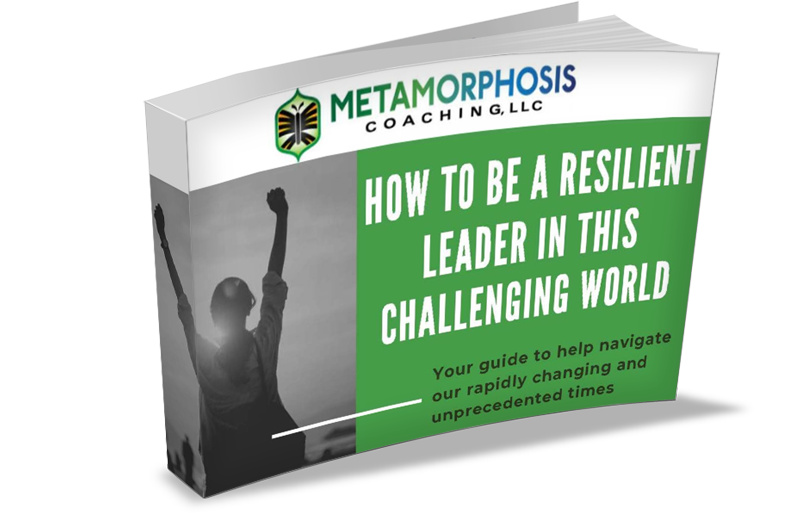Pleasing Others So You May Truly Give Thanks

If the Goldilocks principle applied to all areas of life, there would be no conflict, little stress, and productivity would be chugging along at a welcome rate of incremental growth. Everything in life – at home, work and everything in between would be “just right!”
Yet when it comes to pleasing others, many people struggle to find the right balance, so they are not over-giving and depleting their ‘well of resilience.’ Individuals who have a strong Pleaser saboteur, have many positive qualities. The problem is they tend to draw on this strength too much, go out of their way to help/please/rescue/flatter and then punt their own needs. Then resentment creeps in. Or burnout.
First, let’s look at the strengths of people with ‘The Pleaser:’
- emphatic
- loving and giving
- tuned into others’ feelings and needs
- emotionally self-aware
- potential for high emotional intelligence
These are all positive qualities, right?!
The problem is many individuals with the pleaser default to giving of themselves too much of the time to the point that they are no longer giving from a place of joy. Too much of anything, even giving, can take a toll.
Pleasers will try to rationalize by reminding themselves that they don’t give for their own sake, that it’s to help others in a selfless way and that they don’t expect anything in return. And the world would be a better place if everyone did the same. But where should the line be drawn? Boundaries ensure balance.
There are some distinct characteristics of the Pleaser when it is being overused or abused, including:
- a strong need to be liked by people and extreme attempts to earn appreciation or affection
- a need for frequent reassurance from others about their acceptance and affection
- difficulty expressing their own needs openly and directly. May do so indirectly by having people feel obligated to reciprocate care
- can come across as “needy”
- can be too forceful and intrusive in trying to help others
And the thoughts that drive the Pleaser, some a bit irrational, include:
- To be a good person, I should put the needs of others ahead of my own
- It bothers me when people don’t notice or care about what I have done for them. They can be selfish and ungrateful
- I give away too much and don’t think of myself enough
- I can make anyone like me
- If I don’t rescue people, who will?
And then working in tandem with thoughts are the following feelings:
- Expressing my own needs directly feels selfish
- Worry that insisting on own needs may drive others away
- Resentful for being taken for granted, but have difficulty expressing it
The impact of the Pleaser when on overdrive has serious consequences for individuals as well as those in their sphere of influence. When pleasers over-give of themselves, they can suffer emotionally, physically and financially. They may also burn out from accruing resentment when others either don’t appreciate them or reciprocate. Co-dependency can also develop as some others may depend too much on the pleaser and an unhealthy relationship unravels. Then there are those on the receiving end who may be driven away by the Pleaser’s intrusive attempts to help. Needy is creepy!
The Goldilocks principle is so important for those with the Pleaser. And it is possible to rebalance their strengths, so Pleasers are giving and helping from a place of joy instead of mounting resentment.
Have problems saying NO or need to re-balance so your well of resilience is not depleted? Or maybe you have an employee or loved one who would benefit from keeping the strengths of the Pleaser while squashing the negative characteristics, thoughts and feelings?
Let’s rebalance so this Thanksgiving and holiday season, the giving is something you may truly be thankful for and celebrate! What will happen six months from now if you don’t take the first step?
Or if you’d like to see if you have a strong Pleaser saboteur, CLICK HERE to receive a link to the free PQ assessment where you’ll learn about your saboteurs and how you might be overusing your strengths.
WANT TO BE A BETTER BOSS? The Goldilocks principle is important for managers and leaders too – to give in just the right amount and delegate. Learn more about your strengths and blindspots by answering 12 quick questions. CLICK HERE IF YOU’D LIKE TO BE A BETTER BOSS.
Special Report:
How to be a Resilient Leader in this Challenging World. PLUS More Free Resources!

Sign up below and get your FREE "How to Be a Resilient Leader in This Challenging World" Report today!
